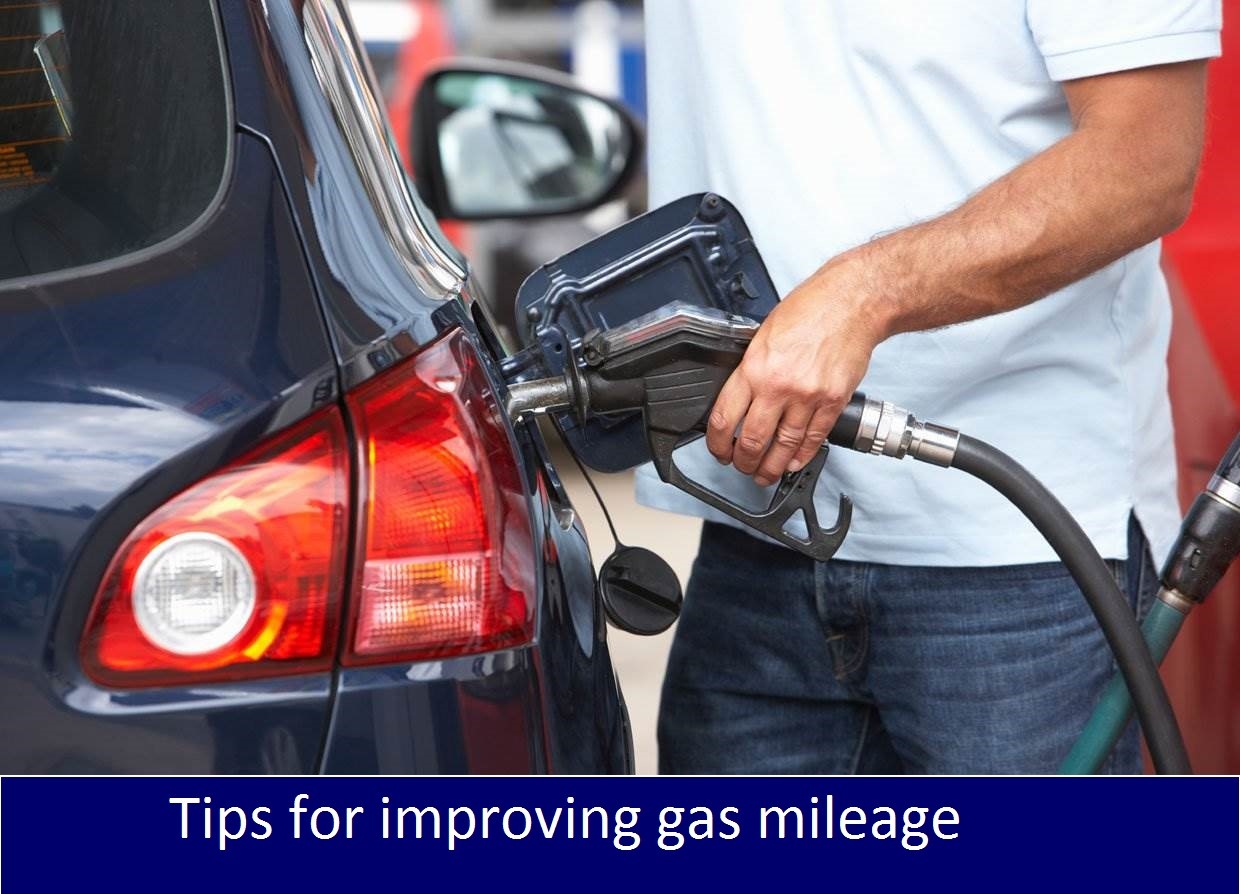A car has become one of the most fundamental necessities in modern life. Whether you use it for the daily commute to the office or to enjoy on weekends with the family all becomes convenient with a vehicle available. Unfortunately, it gets frustrating when you have to spend on its maintenance and along with that, you have to bear the price of petrol going up.
Regrettably, the prices of petrol keep fluctuating while we can’t do anything about its price, we have mentioned few points to increase your car’s fuel economy. Follow these tips to improve efficiency and get the best performance from your car.
Remove excess weight
Extra weight means the engine has to work a little harder to move the car which reduces your mileage. Take unnecessary bulky items out of the car, this will help you get a mile or two more per gallon. Furthermore, if your car has front-wheel drive putting extra weight on the rear axle means the front wheels don’t get a good grip which reduces the mileage.
Check tire inflation
If the tires have low inflation they can significantly reduce your mileage because they cause the engine to use more gas to move the car. Properly inflated tires can reduce fuel consumption by up to 3%. It is normal for tires to lose pressure especially in winters that is why it is recommended to check tires at least monthly or possible weekly. Make sure your tires are inflated to the pressure indicated in your owner’s manual this will result in significant savings as under-inflated tires can cost you five MPG more.
Sell an old car and instant cash: Cash For Used Cars Melbourne
Use good quality motor oil
Every car engine is designed to work best with a specific type of motor oil. Follow the manufacturer’s instructions and recommended usage this can increase your gas mileage up to 15%. If you use a heavier weight oil than it is recommended this could create too much friction and cause the engine to work harder and burn more fuel.
Compare the mileage between fuel companies and check what is better for your car. All fuels are not of the same type while some discounted brands may save you a few cents but they contain a higher percentage of ethanol which burns at a faster rate.
Seal the gas cap
While we don’t notice with time the rubber seal on your gas cap starts to break down which allows the oxygen to leak into the gas tank. This can allow oxygen to pass through into your gas tank increasing the amount of air entering your car’s engine as it pulls gasoline from the tank because of this the engine will have to burn more gas.
Replacing the gas cap after every few years will make sure you have a nice tight seal and it is quite simple in most of the cars. Thankfully, most modern cars have sensors to detect the integrity of the seal.
Drive slowly
Most of the cars burn more gas at speeds of 60 miles per hour or higher. The faster you drive the harder your engine has to work to push through the air. Speeding can reduce fuel efficiency by up to 33%, driving slower has an immediate effect on your gas mileage. Cars efficiencies vary at different speeds but none have a top efficiency speed higher than 60 miles per hour.
Avoid using brakes wherever possible as it wastes energy from the fuel that you have already burned and when you accelerate after braking it consumes more fuel than driving at a constant speed. So next time when you see a red light it is better to take your foot off the gas pedal and coast until you stop this can save more gas than to accelerate to the red light before stopping.
Using your cruise control reduces fuel consumption by maintaining a constant speed. It helps to maintain a safe, legal and gas efficient speed and reduces the need to accelerate and brake, which makes travel more gas efficient.
There is no need to purchase a brand new fuel-efficient car to save money on gas. There are plenty of ways through which you can increase your gas mileage and save a lot of money especially if you drive a lot. The other factors like taking your car in for regular checkups and tune-ups can also increase fuel efficiency. Not keeping a check at the optimum performance level of the car can cost you a lot in the long run.


